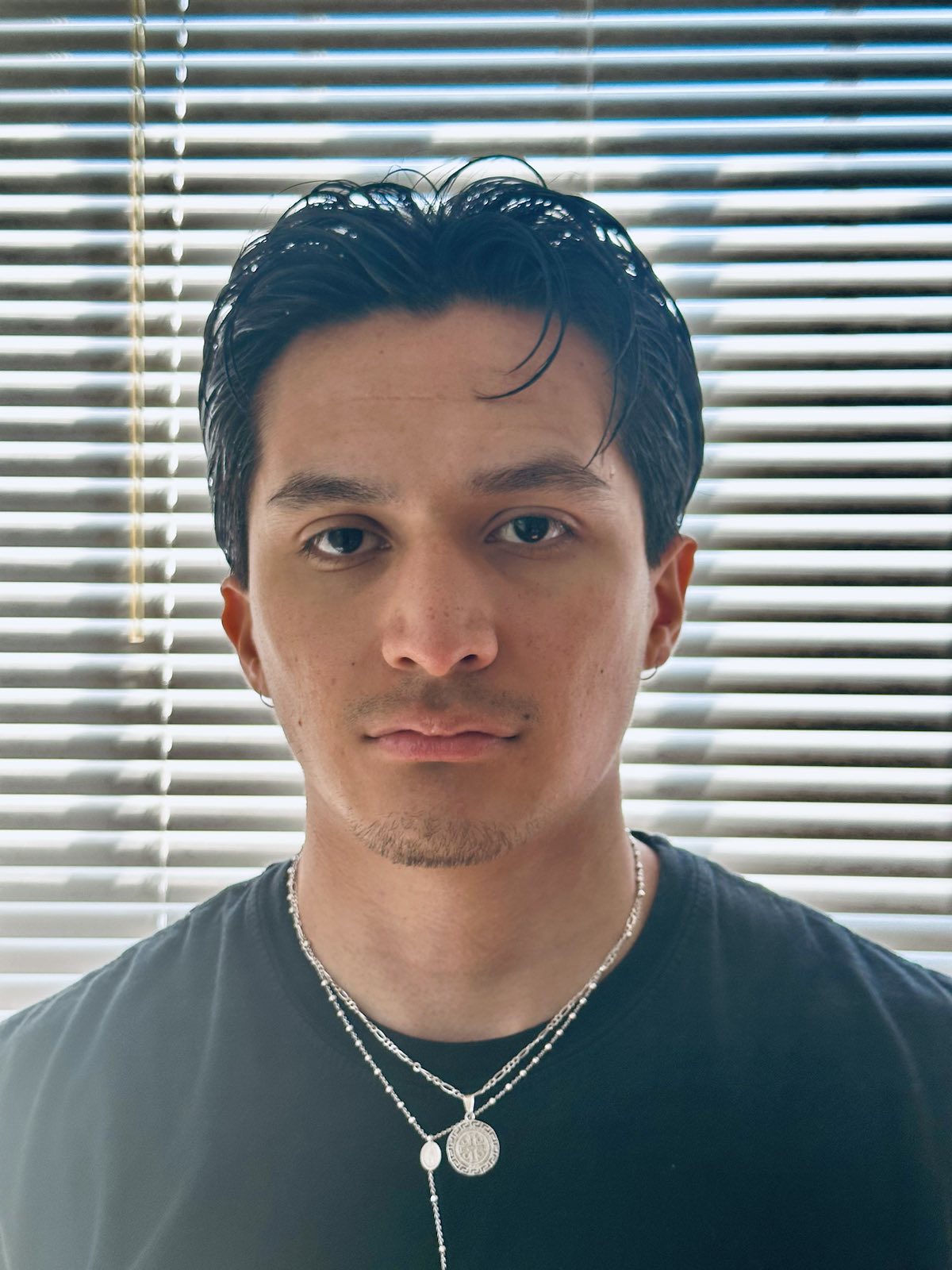
I am a second-year PhD student and Fontaine Fellow at the University of Pennsylvania (Penn) under the supervision of Henry Towsner.
I am still finishing up my course requirements, but my research interests are starting to lean towards proof theory (the kind that one might associate with the tradition of Hilbert's Program). Alongside completing my coursework, I will be getting ready for my oral exams, which will I will take in Spring 2025, focusing on proof theory and type theory.
- About
- I founded, and now co-organize the Graduate Logic Seminar (GLoS) at Penn.
- I completed my masters at Penn, where I was a Bridge to PhD Fellow and wrote my masters thesis under the supervision of Henry Towsner in TBA.
- I got a BS in math at the University of Nevada Las Vegas (UNLV). While at UNLV, I also developed a strong interest in philosophy and sat in on numerous philosophy courses. I am interested broadly in the foundations of math and philosophical logic.